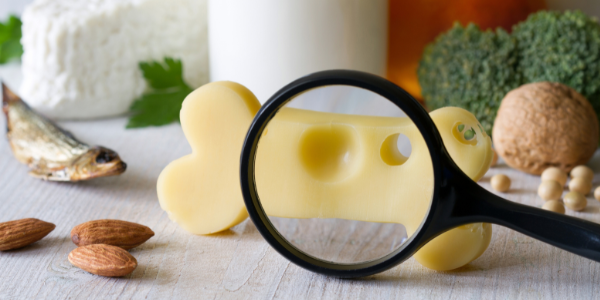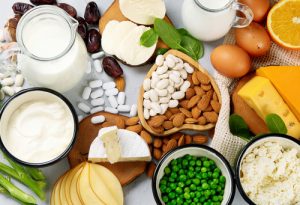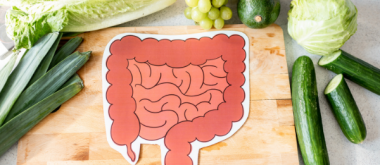An estimated 10 million Americans have been diagnosed with osteoporosis, an illness marked by the loss of bone tissue and the deterioration of the bones.
The condition drastically raises the risk of broken bones, often leading to incapacitation, pain and other health issues. According to WebMD, knowing the type of foods to avoid and those that may improve the health of your bones can greatly mitigate the risk of this condition. Your bones are living tissues that regularly break down and regenerate. However, if your bones’ rate of breaking down surpasses that of regenerating, your bones will deteriorate over time. Here’s a detailed list of the foods to avoid and foods that may help if you’ve already been diagnosed with the disease.
Foods to Avoid that Increase the Risk of Osteoporosis
The CDC approximates that 4.2% of men and 18.8% of women over 50 years in the United States have had lower back or femoral neck osteoporosis. If you’re included in these statistics, here are the foods and drinks you must avoid:
If you’ve been diagnosed with this condition, you might need to stop drinking your favorite cup of coffee, tea and soft drinks. These drinks contain caffeine, a substance that reduces calcium absorption and promotes bone loss. If possible, avoid these drinks entirely. Otherwise, take them in moderation.
Although beans can supply you with fiber, magnesium and calcium, among other nutrients, they also contain substances known as phytates. These substances can disrupt your body’s rate of absorbing the calcium from the beans and other calcium-rich foods. If necessary, avoid taking beans and other legumes. However, you can minimize the level of phytates by soaking beans in water overnight, then washing them using fresh water before cooking them.
The more you eat salty foods, the more calcium you lose from your body. Salt may lead to excessive calcium secretion via your kidneys. Therefore, if you have this condition, you must limit salt intake to under 2,300 milligrams per day, as the Bone Health and Osteoporosis Foundation recommends.
Alcoholic drinks can have a disastrous impact on your bones’ health. According to the National Institute of Arthritis and Musculoskeletal and Skin Diseases (NIAMSD), alcoholic drinks can impede your body’s ability to absorb calcium and vitamin D. Persistent addictive alcohol drinking can lead to hormonal imbalance, which impedes bone regeneration. In light of this, it’s prudent for you to avoid or at least limit alcohol consumption.
 Foods that Can Promote Bone Density and Regeneration
Foods that Can Promote Bone Density and Regeneration
If you’re looking for ways to prevent the risk of getting osteoporosis or have it and want to improve your condition, consider the following foods.
Naturally, your body can produce vitamin D when you expose your skin to sunlight. However, you can complement your body’s effort with the following foods that are rich in vitamin D:
- Liver
- Mushrooms that are grown under UV light
- Egg yolks
- Fortified cereals and milk
- Fatty fish and fish oils
The Dietary Guidelines for Americans indicate that individuals with bone issues must consume two and a half cups of veggies and two cups of fruits daily. Here are the guidelines for vegetable subgroups to eat every week:
- Green peas: 1.5 cups
- Dark green veggies: 1.5 cups
- Starchy veggies: 5 cups
- Red and orange veggies: 5.5 cups
- Other veggies: 4 cups
As you’re already aware, calcium is vital for healthy bones. Foods with this vital nutrient include:
- Low-fat dairy products
- Broccoli
- Dark green leafy veggies, including turnip greens, bok choy and collard greens
- Foods fortified with calcium, including cereals, soy milk, bread, tofu, etc.
Final Remarks
Whether you have osteoporosis and are looking for ways to improve your condition or want to take preventative measures, knowing what you can and cannot eat is crucial. This detailed guideline of the foods you must avoid and those you may eat can assist you regarding this matter. Ultimately, make the necessary dietary and nutritional adjustments, and you’ll be on your way to fighting or preventing this condition.

 Foods that Can Promote Bone Density and Regeneration
Foods that Can Promote Bone Density and Regeneration



